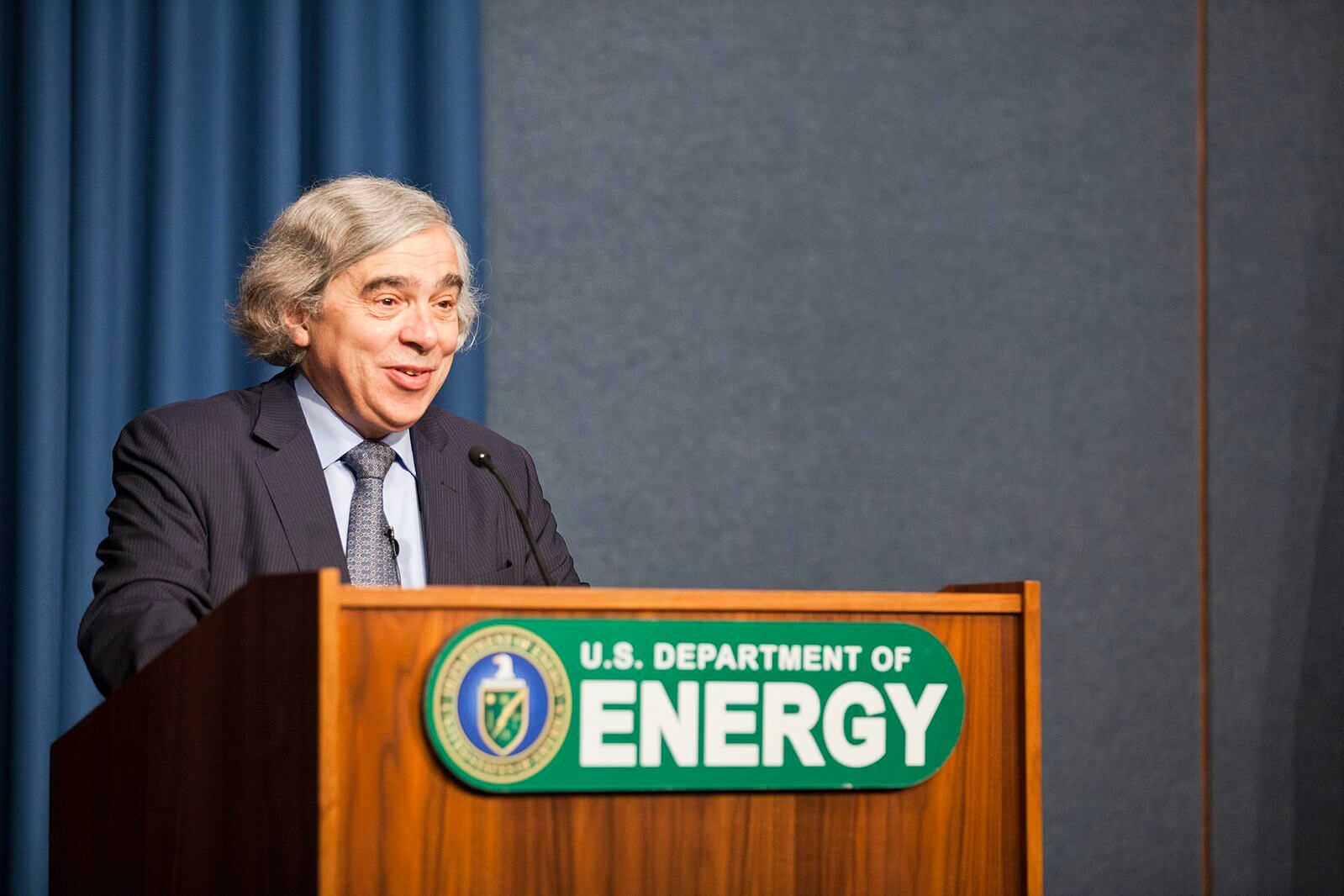In the ’70s and ’80s, black was gold. Coal was king.
Coal in tandem with nuclear were to be the white knights of the United States, as we struggled with the Arab oil embargo, price-gouging by the Organization of Petroleum Exporting Countries, and declining oil production at home.
In 1977, the fledgling Department of Energy declared natural gas a “depleted” resource. Today, it battles with solar for cost advantage. The technology of fracking changed everything. Never forget technology’s possible revolutionary impact.
Solar and wind — today’s energy darlings — were struggling as the National Laboratories sought to make them workable. Solar was thought to have its future in mirrors concentrating heat on “power towers.” Wind was regarded with skepticism; even the shape of the towers and blades was in flux.
Everything that moved would be electrified. Nuclear would be used to make electricity. Coal would be burned as a utility and industrial fuel, and it would be gasified and liquified for transportation and other uses.
Environmentalists were pushing coal as an alternative to nuclear, which they were convinced was dangerous: In the United States it has cost no lives, but gas and oil in various ways have taken their toll.
Coal and nuclear were bright stars in a dark sky.
In 1974, at the White House, Donald Rice, who later ran the Rand Corporation, speculated in an interview with me on whether there might be oil and gas in the Southern Hemisphere, then considered unlikely and now, with production in South America and South Africa, a game-changer. Beware of the conventional wisdom.
All of this came flooding back at an extraordinary summit on global energy horizons convened in Washington recently by Dentons, the world’s largest law firm with offices in 79 countries. By pulling in lawyers from Uzbekistan to London, Dentons’ summit was able to fit America’s energy transformation into the global reality.
Richard Newell, president of Resources for the Future, laid out a picture that is sobering. He said that by 2040, the world would be pumping more carbon dioxide into the atmosphere than today, notwithstanding dramatic actions to curb burning fossil fuels in North America, Europe and China. The problem is the growth in demand for electricity in what is being called the “Global East,” where new coal plants are coming online in China, India and Indonesia among other countries. This despite all deploying solar and wind, and India and China having aggressive nuclear growth plans. The electricity need in the region is great and fuel solution is fossil, mostly coal.
Enter Ernest Moniz. The former secretary of energy who now heads his own think tank, Energy Futures Initiative, is a passionate backer of carbon capture use and storage. Moniz, also an adviser to Dentons, is laying out a whole scenario of “carbon capture from air” that is persuasive. It is part of his newly unveiled “Green Real Deal.”
Having chaired two carbon capture conferences, I have wondered why the technology, which gets more sophisticated all the time, has not been embraced by coal producers with vigor. They have been cooler than the utilities who somewhat favor the technology.
Clinton Vince, chair of Dentons’ U.S. Energy practice and co-chair of the firm’s global Energy sector, reminded the summit of the global importance of nuclear, now shunned in the United States for cost reasons. He sees nuclear as vital to climate goals around the world.
Unlike the ’70s and early ’80s, there is no shortage of energy. The challenges are in how clean it can get; how it can be stored, if it is electricity; and how fast technology can change the energy equation — as it has over the last four decades — to save the climate without restricting economic growth.
The commodity that is in truly short supply is time.

 Follow
Follow
I think that unless nuclear energy is on the development and forefront to be the predominant fuel used for producing electricity and industrial heat for manufacturing then
You are wasting your time and everyone else’s too
Problem is they know how to do carbon capture, but not Sequestration. Doing carbon capture use and release is still CO2 release.